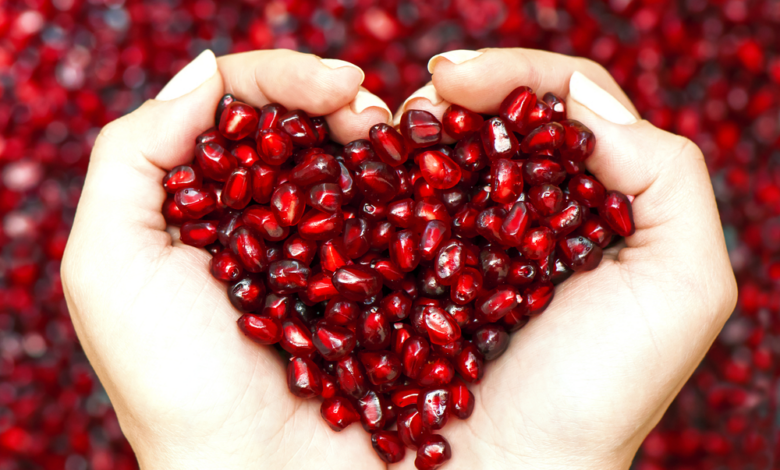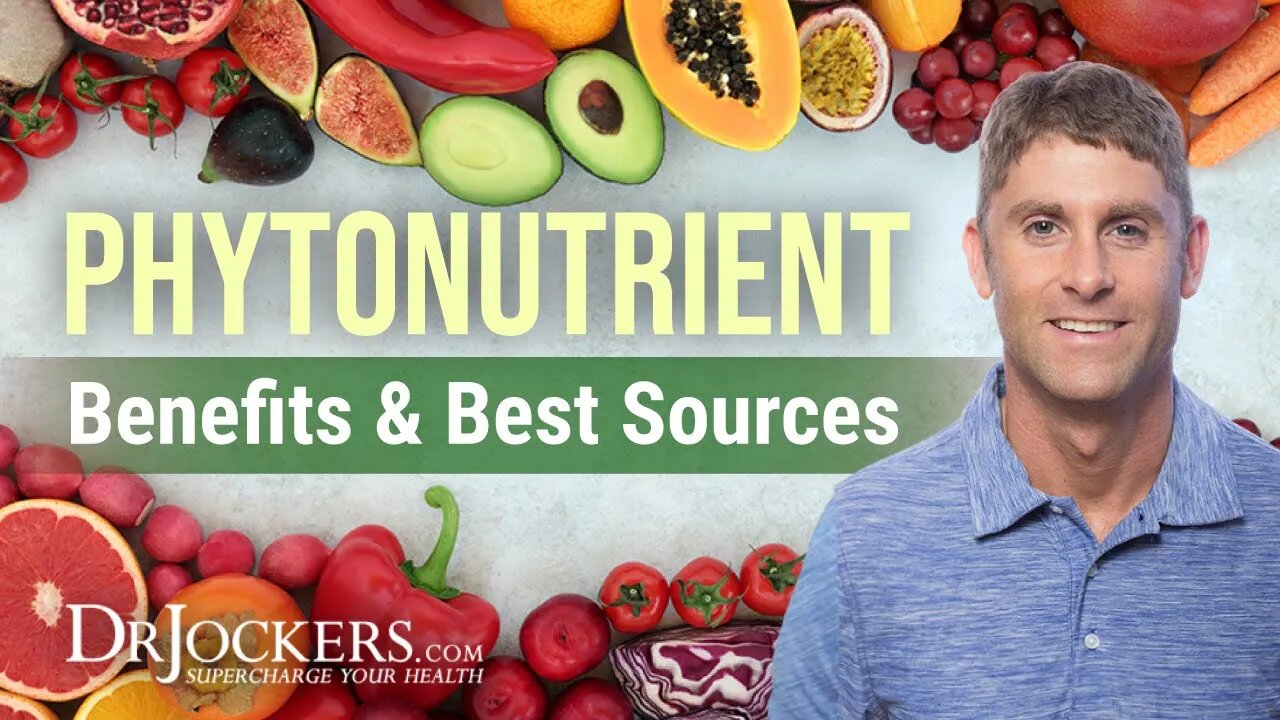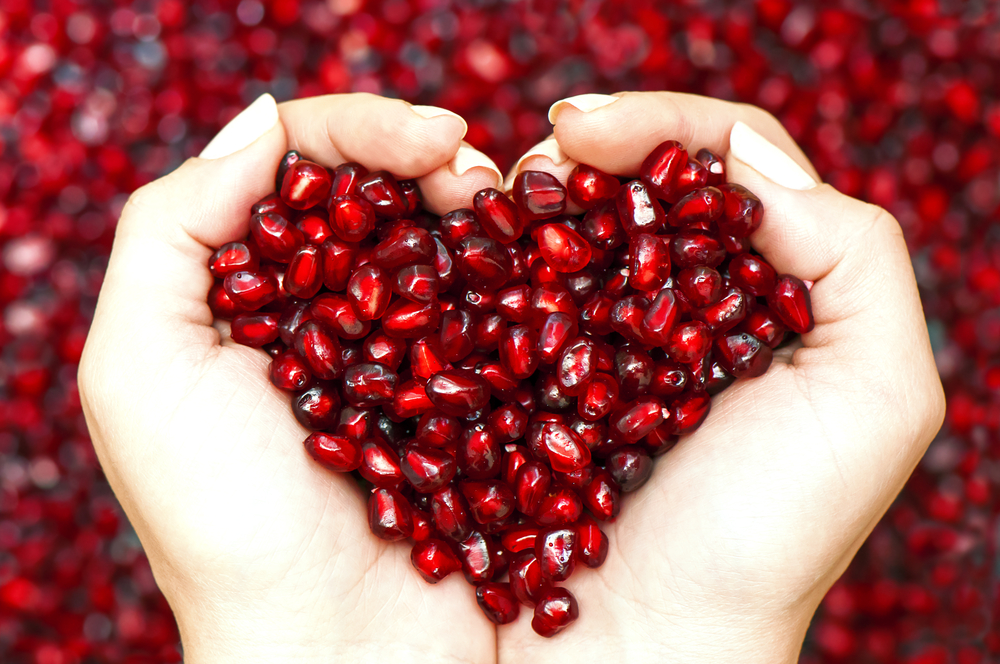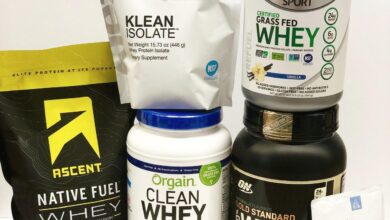
Fuel Your Training: The Case for Phytonutrients
The case for using phytonutrients to fuel your training is compelling. Beyond their role in overall health, phytonutrients offer a unique advantage for athletes seeking to enhance performance and optimize recovery. These powerful plant compounds can act as natural allies, supporting your body’s ability to build muscle, endure longer, and bounce back faster from strenuous activity.
Imagine a world where your body’s natural defenses are bolstered, inflammation is mitigated, and your energy levels soar – this is the promise of phytonutrients.
This blog post explores the science behind these plant-based powerhouses, delving into specific types of phytonutrients, their benefits for athletes, and practical strategies for incorporating them into your training regimen. We’ll also address potential interactions with medications, recommended dosages, and the importance of consulting with a healthcare professional before making significant dietary changes.
Join us as we unlock the potential of phytonutrients to elevate your athletic journey.
Phytonutrients and Athletic Performance

Phytonutrients are naturally occurring compounds found in plants. They provide a wide range of health benefits, acting as antioxidants, anti-inflammatory agents, and even supporting healthy blood sugar levels. These compounds are essential for maintaining overall well-being and protecting against chronic diseases.Athletes can benefit significantly from incorporating phytonutrients into their diet.
These compounds can enhance performance, speed up recovery, and reduce the risk of injuries. They contribute to better muscle function, increased endurance, and faster recovery from intense workouts.
Phytonutrients are the powerful plant compounds that can supercharge your workouts. They provide antioxidants and anti-inflammatory benefits, which are essential for muscle recovery and reducing soreness. And if you’re looking for a way to make the most of your leftovers, check out these 5 ways to turn last night’s leftovers into a morning breakfast.
By incorporating phytonutrient-rich foods into your diet, you’ll not only fuel your training but also reap the health benefits of a balanced and diverse plant-based diet.
The Role of Phytonutrients in Athletic Performance
Phytonutrients play a crucial role in athletic performance by providing numerous benefits:
- Improved Muscle Function:Phytonutrients like flavonoids, found in berries and citrus fruits, can improve muscle function by increasing nitric oxide production. Nitric oxide helps relax blood vessels, enhancing blood flow and oxygen delivery to muscles, which can improve performance during exercise.
- Enhanced Endurance:Some phytonutrients, such as those found in beetroot, can increase blood flow and oxygen delivery to muscles. This improved oxygen transport can increase endurance and delay fatigue during prolonged physical activity.
- Faster Recovery:Phytonutrients act as powerful antioxidants, protecting cells from damage caused by exercise-induced oxidative stress. They also help reduce inflammation, which can speed up recovery from intense workouts and prevent muscle soreness.
- Reduced Risk of Injuries:Phytonutrients can strengthen bones and joints, reducing the risk of injuries. For example, the vitamin K found in leafy green vegetables promotes bone health, while curcumin, found in turmeric, has anti-inflammatory properties that can help protect joints.
Examples of Athletes Incorporating Phytonutrients
Many professional athletes have recognized the benefits of phytonutrients and incorporated them into their training regimens.
Phytonutrients, those powerful plant compounds, can give your workouts a serious boost. They’re packed with antioxidants, which can help fight muscle damage and inflammation, leading to faster recovery and better performance. But, just like any good training plan, a healthy lifestyle is crucial.
You can find some helpful tips on maintaining a balanced life in this article: 10 ways to stay sane when working from home. By focusing on both physical and mental well-being, you’ll be able to maximize your training results and enjoy the journey along the way.
And remember, fueling your workouts with phytonutrients can be as simple as adding a colorful array of fruits and vegetables to your diet.
“I’ve seen a significant difference in my performance since adding more phytonutrient-rich foods to my diet. I recover faster from workouts and feel stronger overall,” says professional cyclist, [Name of Athlete].
[Name of Athlete], a renowned marathon runner, credits his success to a diet rich in phytonutrients. He emphasizes the importance of consuming a variety of fruits, vegetables, and whole grains to fuel his training and promote recovery.These are just a few examples of how athletes are benefiting from phytonutrients.
As research continues to uncover the diverse benefits of these compounds, their role in athletic performance is likely to become even more prominent.
Phytonutrients, those powerful plant compounds, can be your secret weapon for crushing your workouts. They pack a punch of antioxidants, helping your body recover faster and fight inflammation. But let’s face it, sometimes home workouts can get a little monotonous.
That’s where 8 fun ways to avoid home workout boredom comes in! These tips will keep you motivated and energized, so you can maximize the benefits of those phytonutrient-rich meals and crush your fitness goals.
Types of Phytonutrients and Their Benefits for Training

Phytonutrients are naturally occurring compounds found in plants that offer various health benefits. These powerful compounds have gained increasing attention for their potential to enhance athletic performance, improve recovery, and reduce inflammation. This section delves into different types of phytonutrients, their food sources, and their specific benefits for training.
Phytonutrient Benefits for Training, The case for using phytonutrients to fuel your training
| Phytonutrient | Food Source | Benefits for Training | Recommended Intake |
|---|---|---|---|
| Carotenoids | Fruits and vegetables like carrots, sweet potatoes, spinach, and tomatoes |
|
|
| Flavonoids | Berries, apples, onions, and tea |
|
|
| Polyphenols | Coffee, dark chocolate, berries, and grapes |
|
|
| Sulforaphane | Broccoli, Brussels sprouts, and kale |
|
|
Last Point: The Case For Using Phytonutrients To Fuel Your Training
By embracing phytonutrients, you’re not just fueling your training, you’re investing in your body’s long-term health and athletic potential. From boosting recovery to enhancing endurance, these natural compounds offer a powerful edge for athletes of all levels. Remember to consult with a healthcare professional to determine the best approach for your individual needs and goals.
Fuel your training, optimize your performance, and unlock the remarkable power of phytonutrients.






